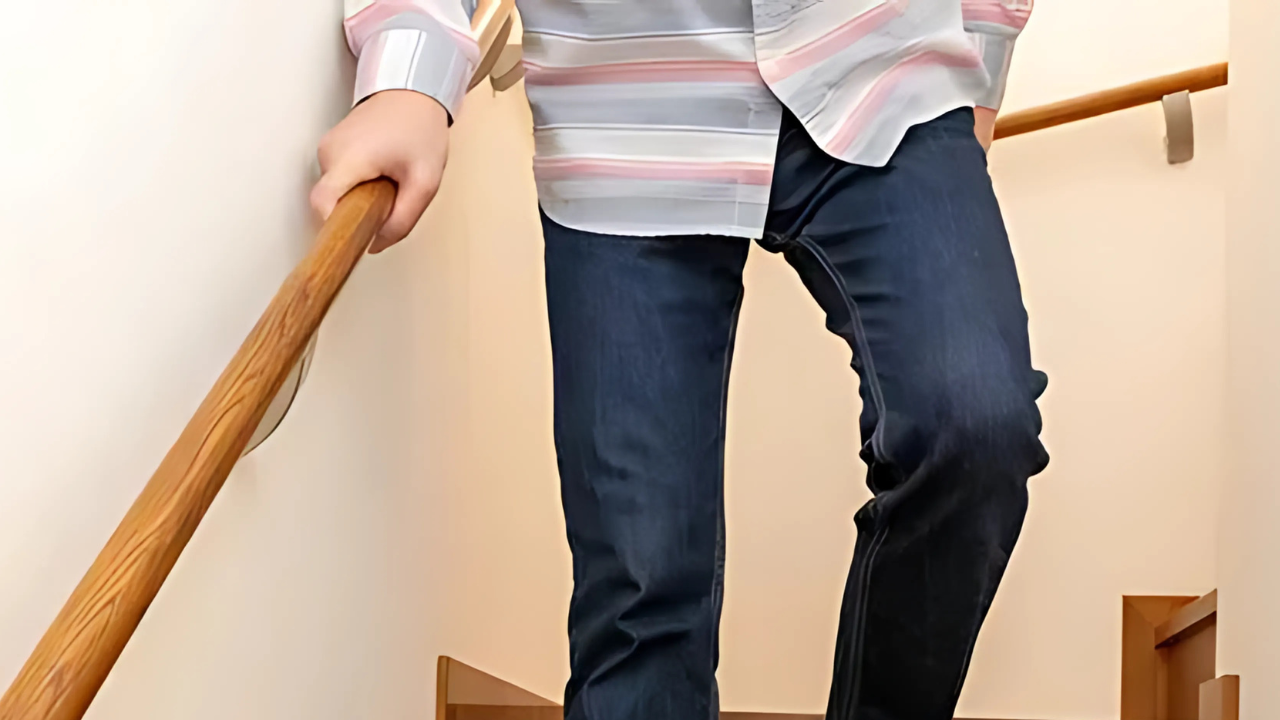
Post by : Shivana Rahim
Falls among older adults are a growing public health concern in the United States, with the risk of death following a fall having tripled over the last 30 years. New research points to a significant factor behind this alarming trend: the rising use of certain prescription medications known as fall risk-increasing drugs (FRIDs).
Falls are a leading cause of injury and death among seniors, often resulting in serious consequences like fractures, traumatic brain injuries, and long-term disability. While physical factors like muscle weakness and balance issues have traditionally explained fall risks, recent studies indicate that medications may play an equally critical role.
A key insight comes from Dr. Thomas Farley, a public health expert, who emphasizes that lifestyle changes alone don't explain the surge in fall-related deaths. Instead, the widespread and increasing use of certain prescription drugs may be a major culprit.
FRIDs are medications that can increase the likelihood of falls by causing symptoms such as dizziness, drowsiness, slowed reaction times, or balance problems. These drugs interfere with the brain and nervous system’s ability to coordinate standing and walking safely.
Common FRIDs include:
Beta-blockers: Used for heart conditions.
Anticholinergics: Prescribed for allergies, bladder control, and depression.
Proton pump inhibitors (PPIs): For acid reflux, which may worsen injury outcomes after falls.
Opioids, benzodiazepines, gabapentinoids, and antidepressants: Central nervous system (CNS) active drugs that are especially concerning due to strong associations with falls.
Research from Switzerland tracking seniors 74 and older over three years revealed that those taking any FRID were 13% more likely to experience falls and 15% more likely to suffer injurious falls. Multiple FRIDs significantly compounded these risks, with those on several drugs showing a 22% increase in total falls and a 33% increase in injurious falls.
The problem isn’t just occasional use—many seniors are prescribed multiple FRIDs simultaneously. According to data from 2017 to 2020, about 90% of adults over 65 in the US used prescription medications, and 43% took multiple drugs. Nearly 20% of people older than 85 were prescribed benzodiazepines, despite strong clinical recommendations against their use in this age group.
Dr. Kenneth Perry, a physician, points out that the decision to prescribe FRIDs must weigh risks versus benefits carefully—since these medications often treat serious chronic conditions. He emphasizes that seniors shouldn’t avoid needed medications but underscores the need for regular medication reviews by healthcare providers to minimize unnecessary fall risks.
Decreasing avoidable prescriptions of FRIDs among seniors could significantly reduce fall-related deaths. Better awareness among healthcare professionals about the link between these drugs and falls is critical. Strategies include:
Regularly evaluating prescribed medications for fall risk.
Considering alternative therapies with safer profiles.
Coordinating care to avoid polypharmacy—the use of multiple medications.
Educating seniors and caregivers on medication risks.
Experts advocate for integrated approaches across healthcare systems to support safer prescribing practices, improve monitoring, and ultimately reduce falls and their devastating effects.










Curry Powers Warriors to Nail-Biting 109-108 Victory Against Spurs
Stephen Curry's 49 points propel the Warriors to a dramatic 109-108 NBA Cup triumph over the Spurs,

India Advances to Semi-Finals After Thrashing USA in Women’s Blind T20 World Cup
India secured a dominant ten-wicket victory over the USA, advancing to the semi-finals in the Women’

South Africa's Early Advantage as India Struggles on Day Two
On Day Two, India reached 138-4 as South Africa took three early wickets, complicating matters with

Kenta Nishimoto Defeats Lakshya Sen in Japan Masters Semifinal
Lakshya Sen's journey in the Japan Masters ends after losing to Kenta Nishimoto 19-21, 21-14, 12-21

Kenta Nishimoto Defeats Lakshya Sen in Japan Masters Semifinals
Lakshya Sen's run at the Japan Masters concludes with a loss to Kenta Nishimoto in the semifinals, 1

Major IPL Trade: Jadeja Joins Royals as CSK Signs Samson
In a significant IPL trade, CSK has acquired Sanju Samson from Rajasthan Royals in exchange for Ravi